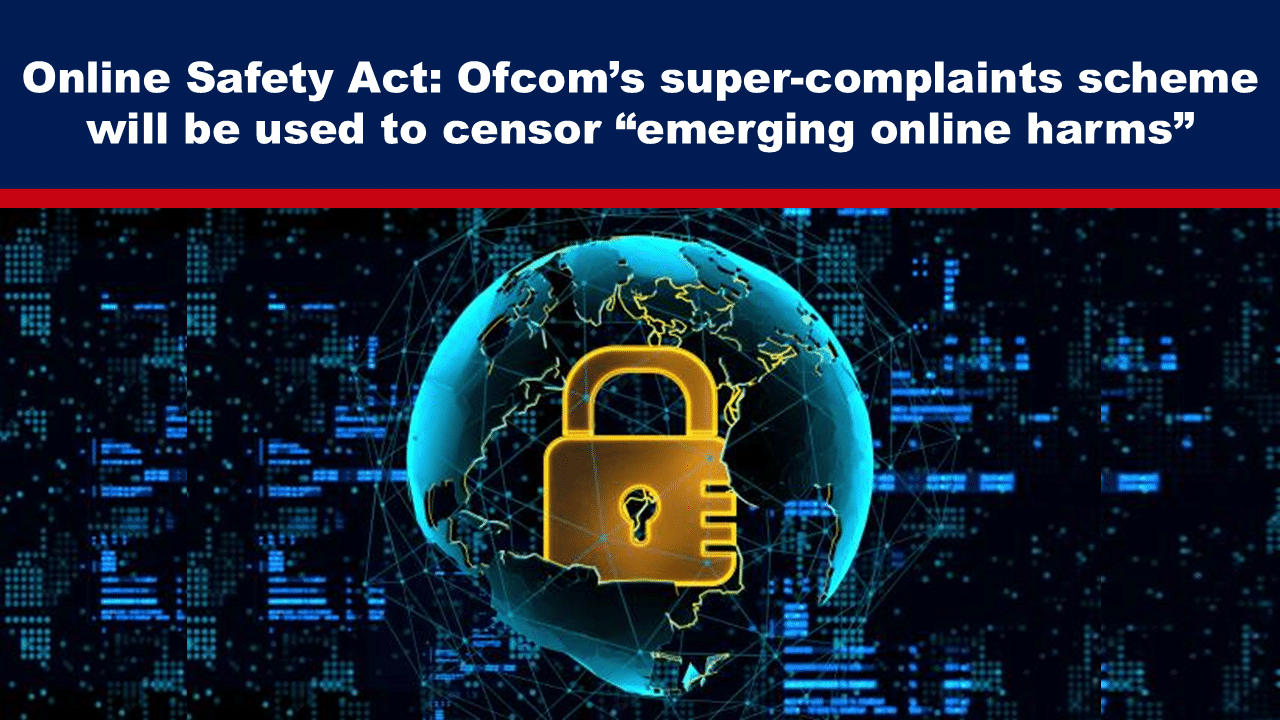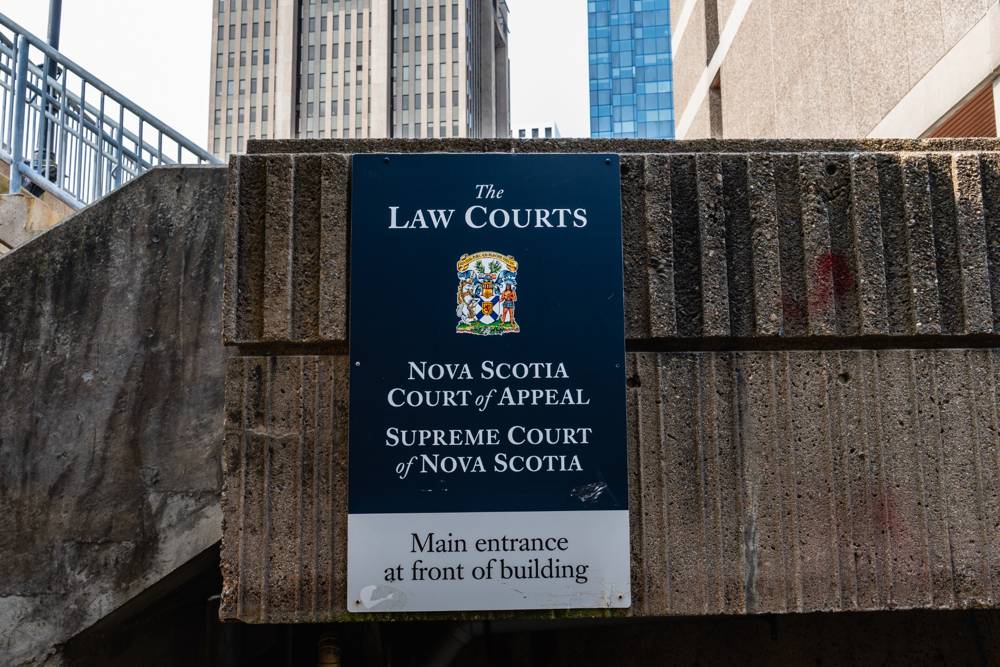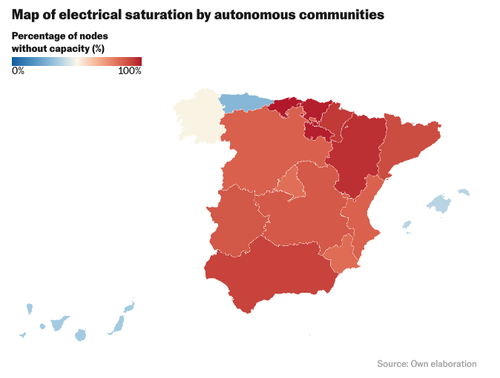Online Safety Act: Ofcom’s super-complaints scheme will be used to censor “emerging online harms” – The Expose

Online Safety Act: Ofcom’s super-complaints scheme will be used to censor “emerging online harms”
The UK’s Online Safety Act is being used to monitor and censor online users, not only in the UK but worldwide. Now, Ofcom, the regulator implementing the provisions of the Act, is turning its attention to “emerging online harms.”
At the end of this year, new regulations will come into effect that allow for super-complaints to be made to Ofcom. Super-complaints are complaints made by designated organisations, including charities and consumer groups, on broad, emerging trends or widespread “online safety issues” across multiple platforms.
Let’s not lose touch…Your Government and Big Tech are actively trying to censor the information reported by The Exposé to serve their own needs. Subscribe now to make sure you receive the latest uncensored news in your inbox…
Table of Contents
Introduction
Ofcom is a public corporation accountable to the UK Parliament. It is the UK’s regulator for communications services. It regulates the UK’s broadband, home phone and mobile services, TV, radio and video on demand services, oversees the universal postal service and looks after the airwaves used by wireless devices such as cordless phones, walkie-talkies and even some car keys and doorbells.
With the introduction of the Online Safety Act (“the Act”) in 2023, Ofcom became the regulator for online safety. The aim is that Ofcom will become the online regulator not only in the UK but globally.
The Act gives Ofcom the powers they need to take appropriate action against all companies in scope, no matter where they are based, where services have relevant links with the UK. This means services with a significant number of UK users or where UK users are a target market, as well as other services which have in-scope content that presents a risk of significant harm to people in the UK.
Online Safety Act: explainer, Department for Science, Innovation & Technology, UK Government, 24 April 2025
What are Super-Complaints?
A super-complaint is a formal mechanism established under the Online Safety Act that allows designated organisations to raise concerns about systemic issues affecting users of regulated online services. Unlike individual complaints, super-complaints focus on broad, emerging trends or widespread problems across multiple platforms, rather than isolated incidents.
Eligible entities, such as consumer protection bodies or organisations representing users, can submit these complaints to trigger a specific regulatory response from Ofcom. The super-complaints regime is designed to complement Ofcom’s own research and horizon scanning, a forward-looking assessment of emerging risks and trends in digital services.
“The super-complaints regime, in line with the Act and recent Government regulations … will enable eligible entities to raise systemic issues that arise across services or, in exceptional circumstances, on one service, to our attention. We expect to consult on draft guidance for potential super-complainants in September 2025 and publish our final guidance in early 2026,” Ofcom’s roadmap to regulation of “online safety” states.
From November 2023 to 11 January 2024, the Government ran a public consultation on the eligible entity criteria and procedure for super-complaints. The Government’s response to the consultation was published on 9 June 2025; the Ministerial Foreword by Baroness Maggie Jones stated:
The objective of the super-complaints regime is to ensure that eligible entities can make complaints to Ofcom, as regulator, to make them aware of existing or emerging online harms. This will also support Ofcom’s horizon scanning function, supporting Ofcom in taking an agile approach to regulating online harms.
Once approved by both Houses of Parliament, the super-complaints regime will come into force on 31 December 2025.
Ministerial Foreword, Consultation Outcome: Super-complaints eligible entity criteria and procedural requirements: government response, UK Government, 9 June 2025
Super-Complaints Regulations
On the same day the Government’s consultation outcome was published, the Online Safety Super-Complaints (Eligibility and Procedural Matters) Regulations 2025 were laid before Parliament by Feryal Clark, Labour MP for Enfield North. The regulations establish the criteria and procedures for entities to submit super-complaints to Ofcom under the Online Safety Act.
“These regulations ensure that only eligible bodies, representing the interests of users or members of the public, can submit super-complaints about systemic online safety issues,” Clark told the House of Commons. “The regulations will commence on 31 December 2025.”
The same statement given by Clark to the House of Commons was made in the House of Lords, on the same day, by Labour life peer Baroness Jones of Whitchurch.
“Eligible bodies representing the interests of users or members of the public” is reminiscent of the public-private partnership governance model that is being rolled out worldwide by the United Nations and the World Economic Forum.
Further reading:
- Dr. Jacob Nordangård: ‘UN, WEF and G20 form the Troika of Global Governance’
- The Global Public-Private Partnership is a scam that robs the poor to give to the richest
- The Carlyle Group: An example of how the Global Public Private Partnership works
Super-Complainants and Their Role
Ofcom’s super-complaints regime allows eligible organisations to submit complaints about systemic issues across regulated online services, such as features or conduct posing a material risk of significant harm to users, adversely affecting freedom of expression or having other significant adverse impacts. The process is designed to ensure Ofcom is made aware of issues it might otherwise not detect, helping the regulator focus its priorities and resources effectively.
To be eligible, an entity must represent the interests of users or the public, be independent from the regulated services and demonstrate expertise in online safety matters through public contributions.
Initially, to demonstrate expertise in online safety, an entity would have had to routinely contribute as an “expert” to public discussions on online safety matters and the media on the subject. Additionally, the entity must be capable of being relied upon to consider any guidance published by Ofcom.
However, in response to feedback during the consultation, the Government expanded the eligibility criteria to include newer organisations, not just those with a long track record of publishing research or analysis.
“Both well-established organisations, and those newly established to tackle an emerging online harm, should be eligible to submit a super-complaint if all other criteria for the regime are met. We have, therefore, removed requirements for ‘experience’ and ‘track record’ from the eligibility criteria, and instead replaced these with criteria designed to assess the expertise and authority of any would-be complainant in the round,” the consultation outcome said.
Adding, “We have also considered the circumstances of industry involvement in civil society organisations. We have added a provision that financial contributions from the tech industry, or representation on a governance board, are not an automatic exclusion from eligibility to submit a super-complaint.”
Ofcom will determine an entity’s eligibility within 30 days (or 15 days if previously eligible and circumstances unchanged).
The entire super-complaint process, from submission to a substantive response, must be completed within 120 days or 105 days for entities with retained eligibility. Entities can only submit one complaint every six months, though they can withdraw and submit a new one within that period.
How many super-complainants will be deemed eligible, or selected by Ofcom? We don’t yet know. In 2023, Pinsent Masons made the argument that the fewer the better:
The government has explained that the super-complaints proposal would let organisations such as charities and consumer groups raise new concerns as they emerge, which would alert Ofcom of systemic harmful trends and emerging threats.
The super-complaints procedure appears designed to allow third-party organisations to direct Ofcom’s resources towards issues which are having a significant effect on users.
Whilst super-complaints may be helpful to Ofcom in alerting it of new systemic risks, if a high number of organisations seek to issue super-complaints, it will be a substantial burden for Ofcom to manage. It may be more practical if a small number of bodies are designated as eligible to raise super-complaints under the Online Safety Act, and thought could be given to requiring those bodies to meaningfully engage with other organisations as appropriate on potential complaints.
Online Safety Act super-complaints process must not overwhelm Ofcom, Pinsent Masons, 27 November 2023
It seems some would want the process to be controlled by a network of interrelated organisations. We all know where that leads – unfair and unjust censorship of some voices, particularly those who are critical of Government policies or Globalist agendas.
The next question is: Will the identities of these super-complainants be made public? No.
Ofcom will not publish a pre-designated list of super-complainants. The online safety super-complaints regime will operate on a case-by-case basis, where Ofcom assesses each organisation’s eligibility to submit a super-complaint against specific criteria, rather than relying on a fixed list of approved entities. And the information that is published about a complaint will be at Ofcom’s discretion, and likely limited. As the consultation outcome stated:
We also consulted on requirements aimed at setting clear expectations regarding what must be published following Ofcom’s assessment of a super-complaint. This will ensure that there is transparency regarding Ofcom’s handling of super-complaints and will protect confidence in the functioning of the super-complaints process. These requirements were:
Requirement 1: Ofcom must publish its response to all super-complaints and send a copy to the complainant body; and
Requirement 2: Ofcom may exclude information from the report if its inclusion would be contrary to the interests of national security, might jeopardise the safety of any person, may be commercially sensitive, or would conflict with any other legislation or rights (including, but not limited to, GDPR etc).
We have decided not to set out when and when not, Ofcom can withhold information from a response to a super-complaint.
Requirements related to Ofcom’s response, Consultation outcome Super-complaints eligible entity criteria and procedural requirements: government response, UK Government, 9 June 2025
What the Online Safety Act has Achieved So Far
In an article published yesterday, Comparitech explored what the Act means for online censorship.
“Since 2022, when the UK’s Online Safety Bill (OSA) was first discussed, you’d have been forgiven for thinking, ‘That’ll never happen’. But happen it did. And, like something out of a dystopian novel, UK residents now face restricted access to various forms of online content and increased monitoring across numerous platforms,” Comparitech said and concluded:
The UK’s Online Safety Act comes with a number of concerning and privacy-encroaching practices.
1. Not only does the age-verification system for online porn encroach on users’ privacy, but it may also leave them open to identity theft and fraud in the future if their data is leaked.
2. The client-side scanning provisions within the law create a worrying future loophole for widespread, real-time surveillance of citizens (whether they’re implicated in a crime or not).
3. Any potential restrictions of VPN use would further impinge on citizens’ digital freedom.
4. Forcing users to go through age-verification systems means those looking to circumvent the restrictions may find themselves exposed to unsafe alternatives, scams and threats.
5. And as more people look for alternatives to the age-verification systems, it’s often the sites that comply with the legislation that are punished.
Online Safety Act: What Does It Mean for Online Censorship? Comparitech, 10 September 2025
It is worthwhile reading Comparitech’s article in full.
Sources for this article include:
- Online Safety Super-Complaints (Eligibility and Procedural Matters) Regulations 2025, House of Lords debate on 15 July 2025, Hansard
- Draft Online Safety Super-Complaints (Eligibility and Procedural Matters) Regulations 2025, House of Commons debate on 7 July 2025, Hansard
- New online super-complaint regime due in force from 31 December 2025 under the Online Safety Act, Lewis Silkin, 12 June 2025
- Ofcom consults on ‘super-complaints’ under Online Safety Act, Think Broadband, 8 September 2025
- Government Outlines New Super-Complaints Mechanism Under Online Safety Act, Tech UK, 10 June 2025
- UK ‘super-complaints regime’ to super-charge Ofcom’s online safety enforcement, Biometric Update, 11 June 2025
- Ofcom consults on ‘super-complaints’ under Online Safety Act, Compare Broadband Packages, 8 September 2025
The Expose Urgently Needs Your Help…
Can you please help to keep the lights on with The Expose’s honest, reliable, powerful and truthful journalism?
Your Government & Big Tech organisations
try to silence & shut down The Expose.
So we need your help to ensure
we can continue to bring you the
facts the mainstream refuses to.
The government does not fund us
to publish lies and propaganda on their
behalf like the Mainstream Media.
Instead, we rely solely on your support. So
please support us in our efforts to bring
you honest, reliable, investigative journalism
today. It’s secure, quick and easy.
Please choose your preferred method below to show your support.
While previously it was a hobby culminating in writing articles for Wikipedia (until things made a drastic and undeniable turn in 2020) and a few books for private consumption, since March 2020 I have become a full-time researcher and writer in reaction to the global takeover that came into full view with the introduction of covid-19. For most of my life, I have tried to raise awareness that a small group of people planned to take over the world for their own benefit. There was no way I was going to sit back quietly and simply let them do it once they made their final move.
Recent Top Stories
Sorry, we couldn't find any posts. Please try a different search.
















